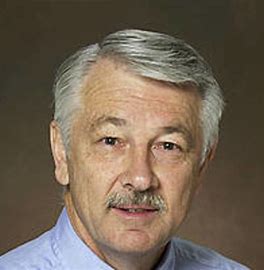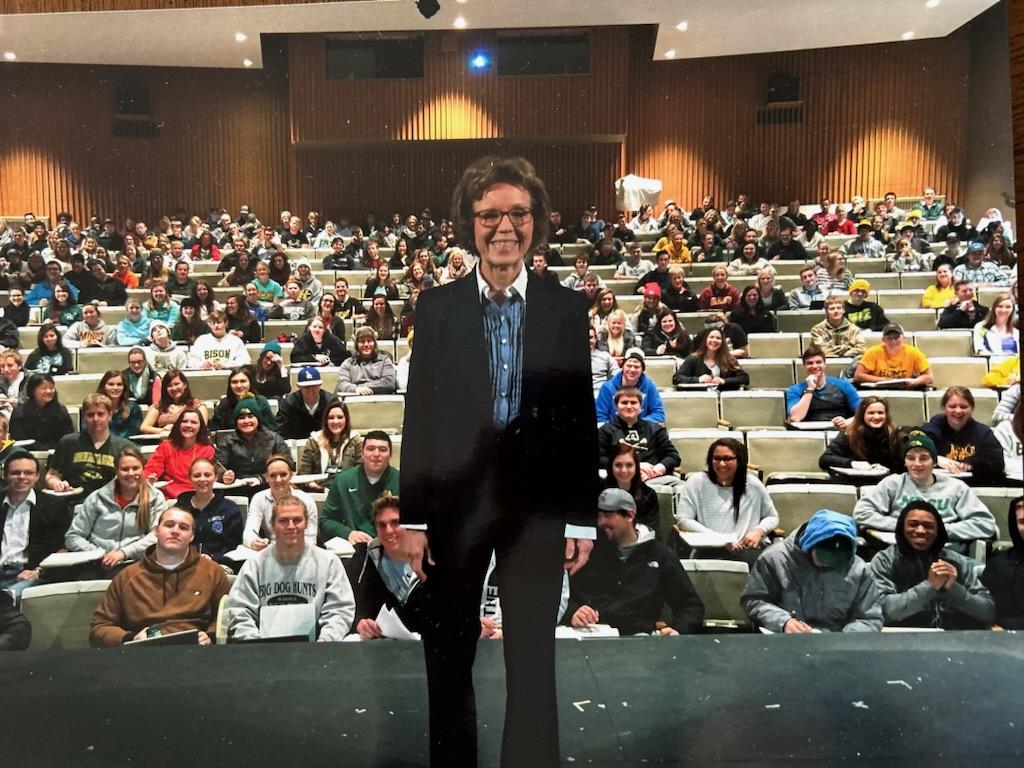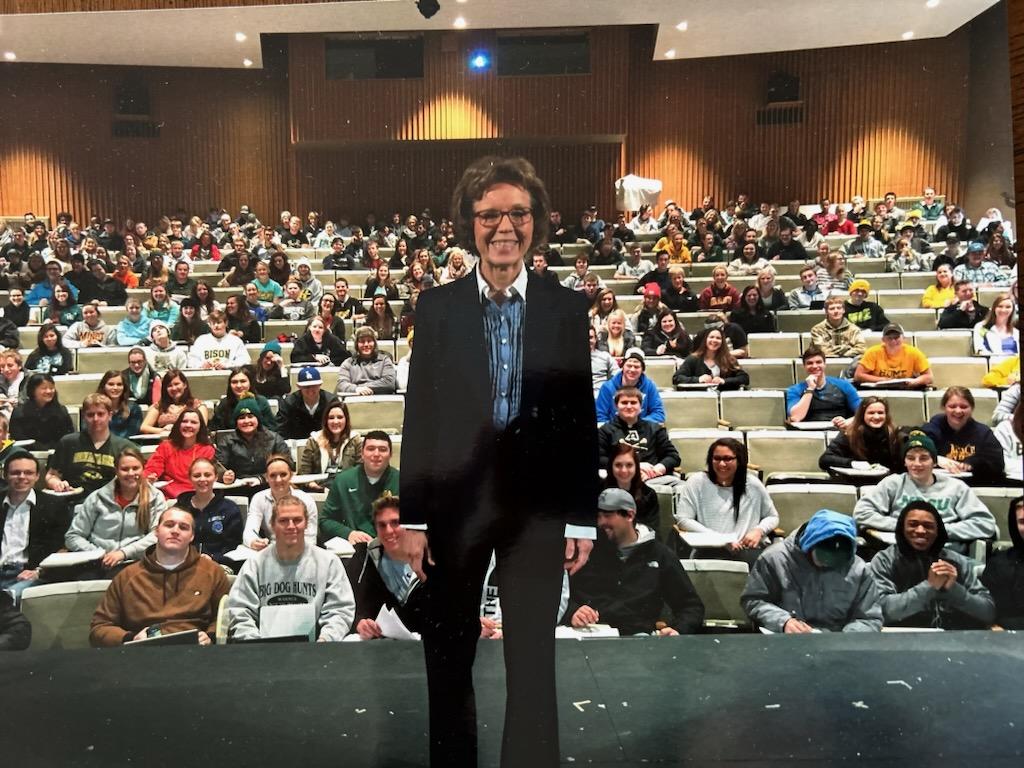This year marks Patty Corwin’s last since she first started teaching at NDSU 50 years ago. Alongside her, Daniel Klenow is also retiring, beginning as an instructor at NDSU in 1976.
Dr. Klenow, professor emeritus, researches and teaches in emergency management. He and George Youngs founded the emergency management department at NDSU.
During his nearly 50 years at NDSU higher education has changed a lot. “The technology changes have been positive,” Klenow said. Refering to the various ways things like zoom recordings and youtube videos have transformed the industry.
In other ways, “the environment in which students find themselves have changed,” he said. Students now have much more busier lives outside of classes. “When I was sports editor, I could pay for my whole year of schooling just by being a sports editor. You can’t do that now.”
“There are fewer students that are able to just go to school and not work and put all their time into studying and reading that material…I’m not going to call it good or bad. It is what it is.”
Despite the many changes, for “the nearly 50 years I’ve been here, you’ve got students that are committed and they’re really going after it.”
Many of his colleagues shared their thoughts.
“It is humbling that he gave so generously of himself to support the emergency management program, and we are all forever in his debt,” said Dr. Jessica Jensen. He “helped to build and teach in the undergraduate and graduate programs at a time when he really could have been enjoying a peaceful, steady end to his career in higher education.

“He empowered the faculty to go about changing the world. The same is true with students, said Dr. Carol Cwiak. Emphasizing that he has supported their success by “advocating for the department and field, teaching, connecting with students, securing graduate assistant funding, and providing thousands of dollars in scholarships.”
Dr. Caroline Hackerott says, “he can always see opportunity where other people cannot.” He has helped NDSU and the field of emergency management in numerous ways; “the man invested his time, his energy and his treasure in here. Nobody has a handle on how much money he’s given.”
“Dan always was able to remind us to put the students center.” Dr. Hackerott added that he accomplished this not by lecturing others but by leading by example.
Corwin is a Senior Lecturer in the Sociology Anthropology department. Over the years, 56,000 students have passed through her classes. That could fill the Fargo Dome three times. This massive number was made possible by her teaching Intro to Sociology, where she has had multiple classes with hundreds of people each semester. She has taught a variety of classes with a research emphasis in the last few years, she has taught about cultural diversity and the sociology of food.

One of her favorite parts of teaching is when “their eyes light up when they understand concepts and ideas.” Another favorite part is whenever a class erupts in laughter, as she knows “they will then be more open to learning the class material.”
Additionally, Corwin was one of the pioneers in service learning. Service learning is where students could get extra credit for volunteering in the community related to what they discussed in class. “It matters to me that students want to make the world better.” Corwin said, “it is important to serve and know the people you study,” she said.
She was not always planning to teach. The way her teaching career started may be helpful for many young professionals today. As a graduate assistant for a large lecture class, one day the instructor told her she would do a lecture and she would “do it tomorrow.” She knew she had a lot to get ready. However, it went surprisingly well, “I remember looking at the 600 students as I was thinking that I like doing this,” and she would continue doing it for 50 years.
“You were truly a bright spot for me during the pandemic,” said her former student, Emma Bochman.
“Your sociology class through literature course showed me, for the first time, the deep learning that comes from enthusiastic collegial discussion and reflection- the type of classroom I hope to emulate when I begin teaching.” said former student Erika Beseler Thompson.
